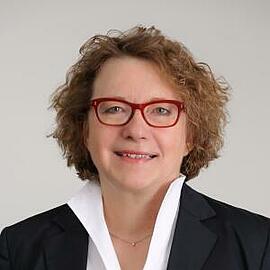Challenges and success factors for cross-border public participation in the site selection process (HErüber)
More information about the project
Status of project
End of project: 2023
Project manager
Project staff
Funded by
Federal Office for the Safety of Nuclear Waste Management (BASE)
Project partners
Independent Institute for Environmental Issues (UfU)





